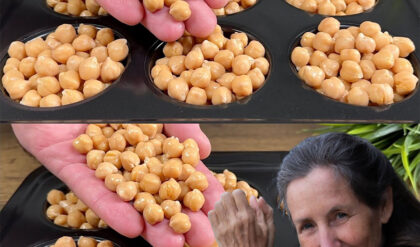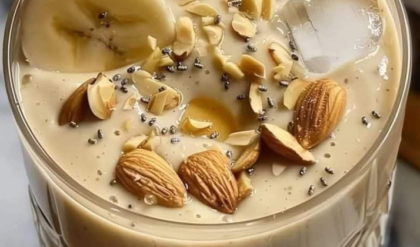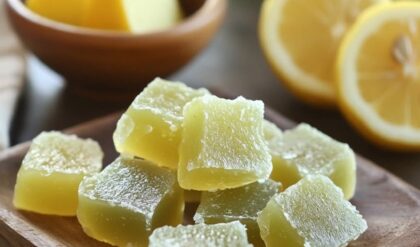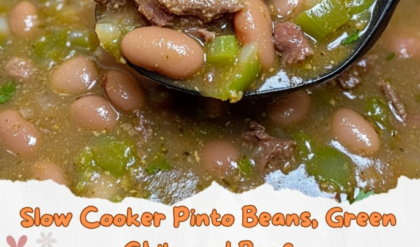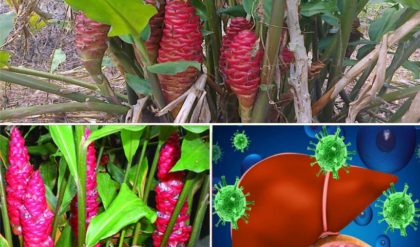Watermelon seeds often get overlooked, discarded as an inconvenience when enjoying the juicy sweetness of the fruit. But these tiny seeds are far from useless—they’re nutritional powerhouses packed with essential vitamins, minerals, and healthy fats. Incorporating them into your diet can offer surprising health benefits that might make you rethink the way you eat watermelon. Here’s everything you need to know about why watermelon seeds deserve a spot in your kitchen.

Nutritional Powerhouses in Every Seed
Rich in Protein
Watermelon seeds are a fantastic source of plant-based protein, essential for muscle repair, skin health, and overall body function. Just one ounce of seeds provides around 8 grams of protein, making them a convenient way to boost your protein intake.
Loaded with Magnesium
Magnesium plays a key role in muscle and nerve function, blood pressure regulation, and blood sugar control. Watermelon seeds are a natural source of this vital mineral, supporting overall wellness and energy production.
Iron for Energy and Vitality
Iron, another mineral found in abundance in watermelon seeds, is crucial for oxygen transport in the blood. Consuming iron-rich foods like these seeds can help prevent fatigue, anemia, and hair loss.
Boosts Immunity with Zinc
Packed with zinc, watermelon seeds are excellent for supporting a strong immune system. Zinc also promotes healthy skin, aids in cell repair, and supports wound healing, making these seeds a true multitasker.
Heart-Healthy Fats
Watermelon seeds contain beneficial monounsaturated and polyunsaturated fats, which help lower bad LDL cholesterol levels and support cardiovascular health. Adding these seeds to your diet can contribute to a healthier heart.
How to Prepare Watermelon Seeds for Maximum Benefits
Eating watermelon seeds raw may not provide all their benefits, as they are hard to digest in their whole form. Here are some simple ways to prepare them for optimal nutrition:
Roasting
Roasting is the easiest way to enjoy watermelon seeds. Rinse them thoroughly, pat them dry, and spread them on a baking sheet. Drizzle with olive oil and a sprinkle of salt, then roast them at 325°F (163°C) for 15–20 minutes until they’re crispy and golden.
Sprouting
Sprouting enhances the seeds’ nutritional value and makes them easier to digest. Soak the seeds in water for a couple of days to let them germinate. Once sprouted, dry them in the sun or use a dehydrator.
Grinding
For a versatile option, grind the seeds into a fine powder. Add the powder to smoothies, oatmeal, yogurt, or baked goods for a subtle nutritional boost.
Ways to Incorporate Watermelon Seeds Into Your Diet

As a Nutritious Snack
Roasted watermelon seeds make a crunchy, satisfying snack. Enhance their flavor by seasoning them with salt, paprika, or cinnamon.
Topping for Salads
Sprinkle roasted or sprouted seeds over your favorite salads for added crunch and a dose of nutrients.
In Baking
Ground watermelon seeds can be incorporated into bread, muffins, or cookies, giving your baked goods a protein and mineral-rich twist.
In Smoothies
Blend watermelon seed powder into your smoothies for an effortless way to elevate your drink’s nutritional profile.
Why You Shouldn’t Toss the Seeds
Watermelon seeds are a prime example of turning something commonly discarded into a valuable nutritional asset. They’re a zero-waste resource that contributes to a healthier diet without any added effort. The next time you slice into a watermelon, don’t rush to toss out the seeds. Instead, seize the opportunity to enjoy their incredible benefits while reducing food waste.
Make watermelon seeds your new go-to snack or ingredient, and unlock the hidden potential of this underestimated superfood. You’ll be amazed by the difference these tiny seeds can make in your health and wellness journey!
